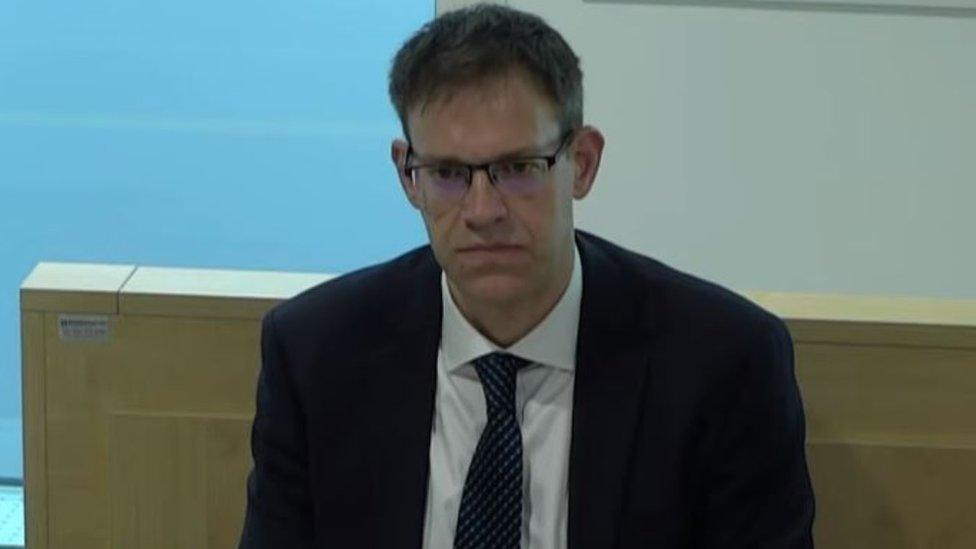Manchester Arena Inquiry: Police chief 'broke policy to save lives'
- Published
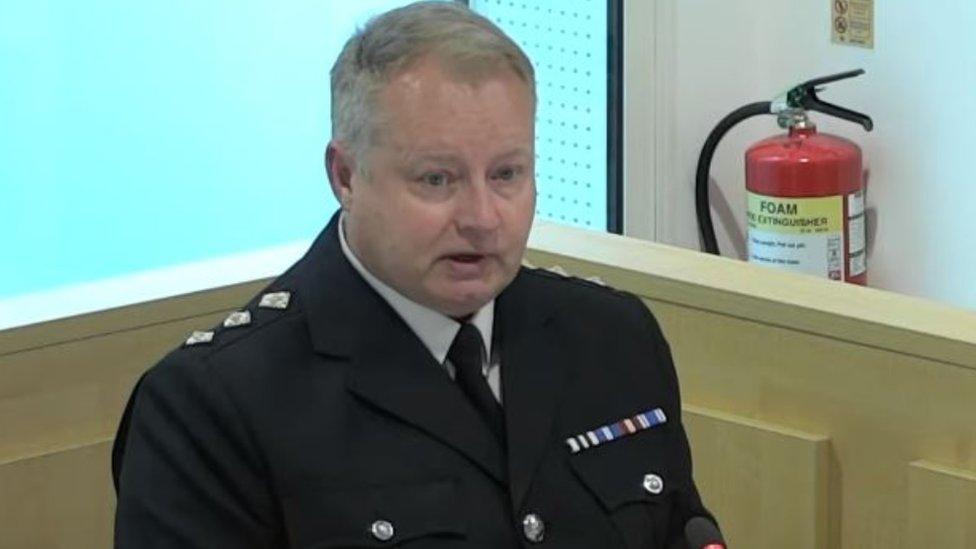
Dale Sexton was in charge of Greater Manchester Police's immediate response to the bombing
A police chief told the public inquiry into the Manchester Arena attack he deliberately broke policy on the night of the 2017 bombing "to save lives".
Ch Insp Dale Sexton from Greater Manchester Police (GMP) was the force duty officer in the control room.
He said he declared Operation Plato, a pre-arranged plan for a suspected marauding armed terrorist, within minutes of the bomb being detonated.
But he decided not to alert the fire and ambulance services.
'Calculated risk'
He said he went against national guidelines by keeping the decision secret because he knew the rules meant the area would be declared a "hot zone".
This meant the area would have to be cleared, leaving the injured left untreated, while any armed terrorist or active gunman was dealt with.
With armed officers on scene to do an "emergency search" and some paramedics treating the injured, Mr Sexton said he took a "calculated risk" not to inform the North West Ambulance Service (NWAS) or Greater Manchester Fire and Rescue Service (GMFRS).
"Experience taught me and policy says they would've been withdrawn from that scene, leaving critically-injured people there.
"I know it was a fundamental deviation from policy, guidance… but it was the right thing to do in my opinion to save lives," he said.

Twenty-two people died in the attack on 22 May 2017
He added: "It was one of the hardest decisions I've made in the 26 years of my career at that point."
Twenty-two people were killed and hundreds more injured when Salman Abedi detonated a bomb at the end of an Ariana Grande concert at about 22:30 BST on 22 May 2017.
Ch Insp Sexton said he was "very aware of the real possibility of secondary attacks" but added that Operation Plato was "too rigid" and "too formal" at the time of the attack.
However, he accepted that he failed in his duty to initiate a multi-agency response to the atrocity.
Ch Insp Sexton also told the inquiry that his Operation Plato training had not prepared him for the attack, adding that he felt "swamped".
He agreed that the role of force duty officer was "too demanding" in the event of an incident like the Manchester Arena attack.
He said he sent a message on the force duty officer WhatsApp group to ask if someone could come in and help but no-one was available.
The hearing was told that there was now contact between the three Greater Manchester emergency services three times a day via a special radio channel, put in place since the bombing.
The inquiry continues.

Why not follow BBC North West on Facebook, external, Twitter, external and Instagram, external? You can also send story ideas to northwest.newsonline@bbc.co.uk
Related topics
- Published29 April 2021
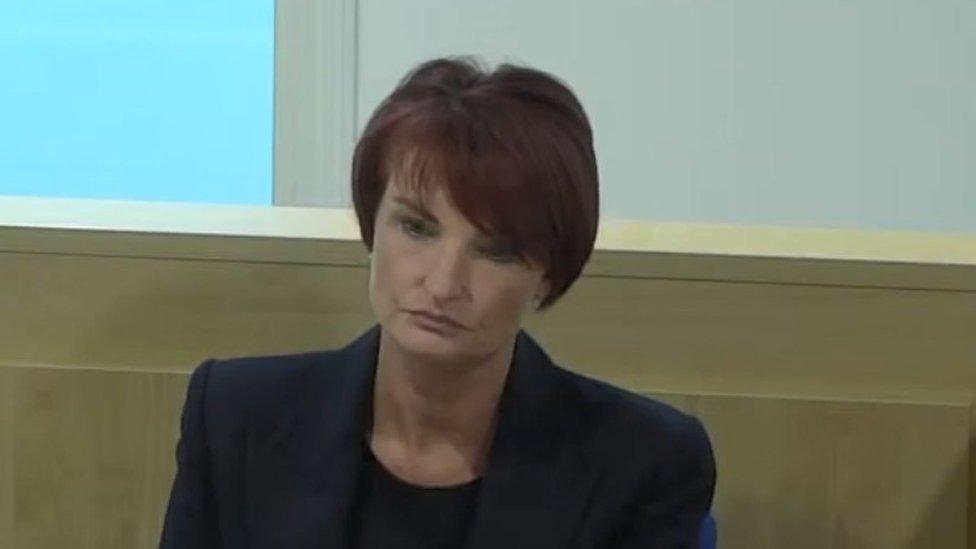
- Published28 April 2021
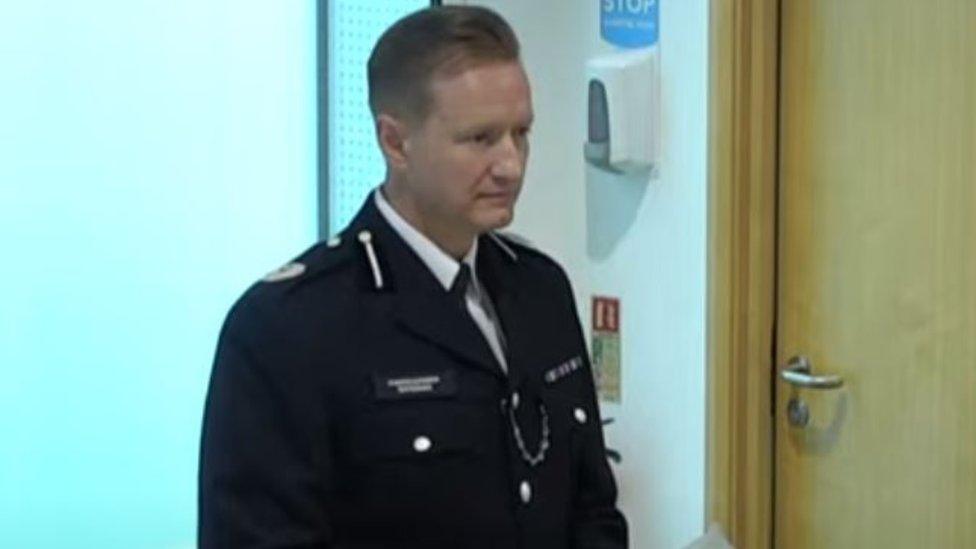
- Published27 April 2021
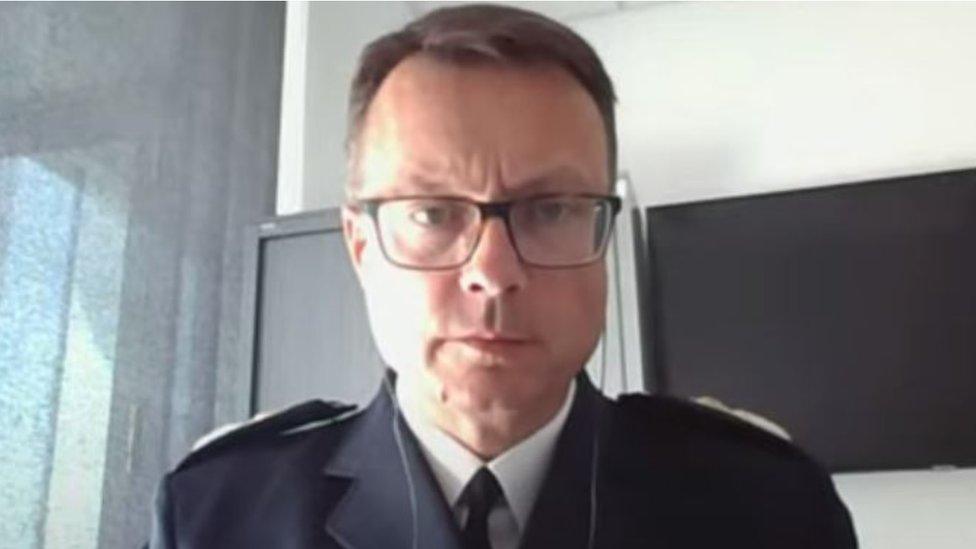
- Published26 April 2021
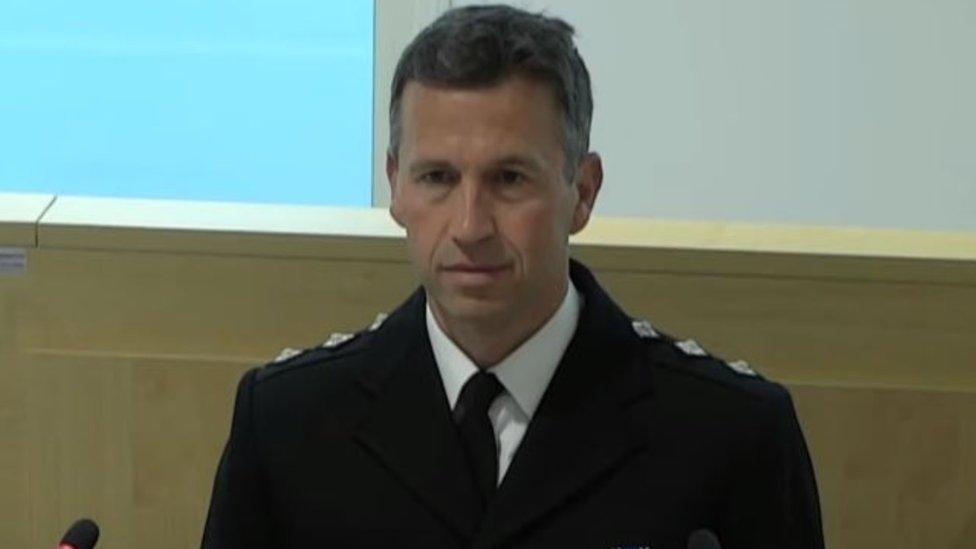
- Published22 April 2021
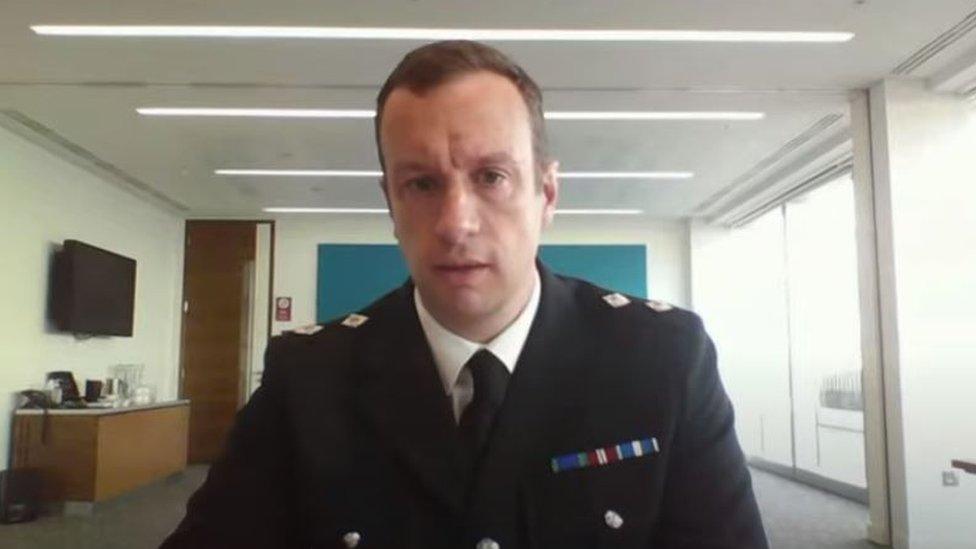
- Published21 April 2021
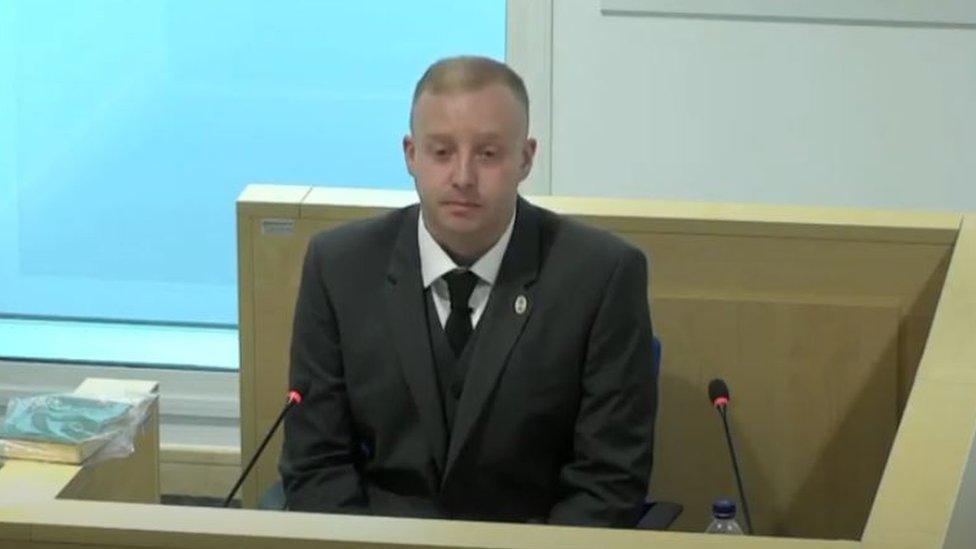
- Published20 April 2021
